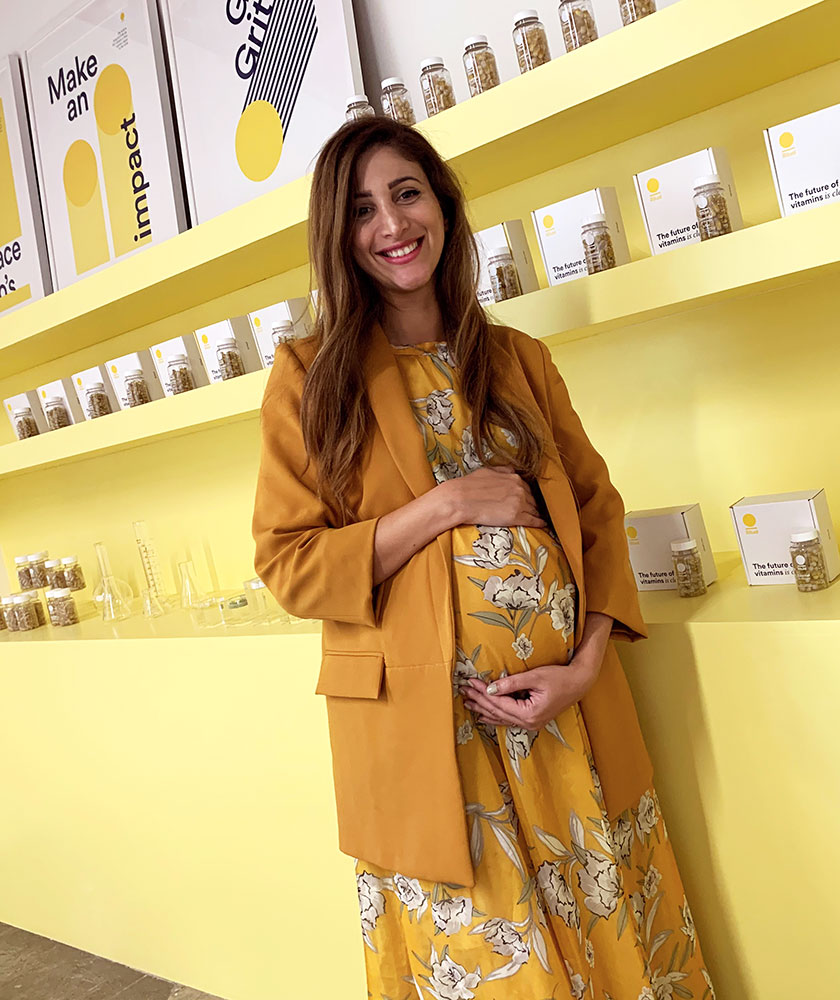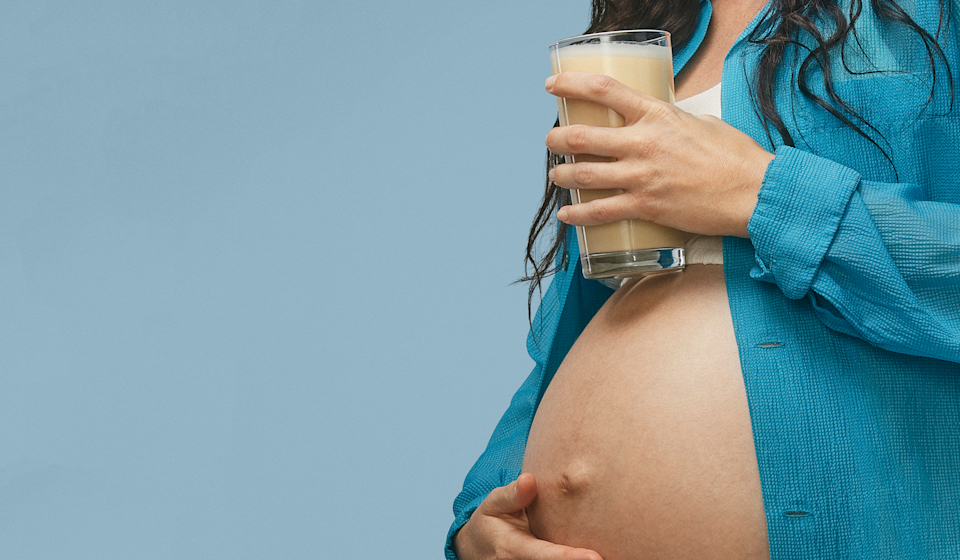Essential Takeaways
- “Pregnancy is so fascinating for me because honestly, this is the only time in your life that three generations of DNA are exposed to the same environments,” says Dr. Mastaneh Sharafi, PhD, RD, and Ritual’s Director of Scientific Affairs.
- As she nears the end of her second pregnancy, Dr. Mastaneh reveals some key nutritional facts worth knowing when you’re expecting.*
As our Director of Scientific Affairs and a registered dietitian, Dr. Mastaneh Sharafi is our resident resource for all things pregnancy nutrition-related. And did we mention she's also a mother of two?
Below, Dr. Mastaneh reveals why the foods you eat during pregnancy can have even more of an impact than you might have bargained for. (Spoiler: Did you know that you can impact your baby’s flavor preferences while they’re still in the womb?)*
Make your snacks work for you.
That means picking nutritious foods that benefit you and support the growth of your baby. For example, Dr. Mastaneh has calculated that to support recommended weight gain during her own pregnancy, she should aim for an extra 400 to 600 calories per day during her third trimester. (That might be different for you, so it’s definitely worth having a conversation with your doctor to work on an eating strategy that’s right for your pregnancy.)
But she makes sure she gets more bang for her nutritional buck by meeting those calorie needs with nutrient-dense foods. “For example, one of my snacks is hard boiled eggs,” she says. “I really like it because it's a really good source of choline.” (Choline and folate help support your baby’s brain development.)*
As for her other snacks? “A quarter cup of hummus—I eat it with cucumber or with baby carrots sometimes. I also have one cup of plain yogurt and I add some fruit.”













